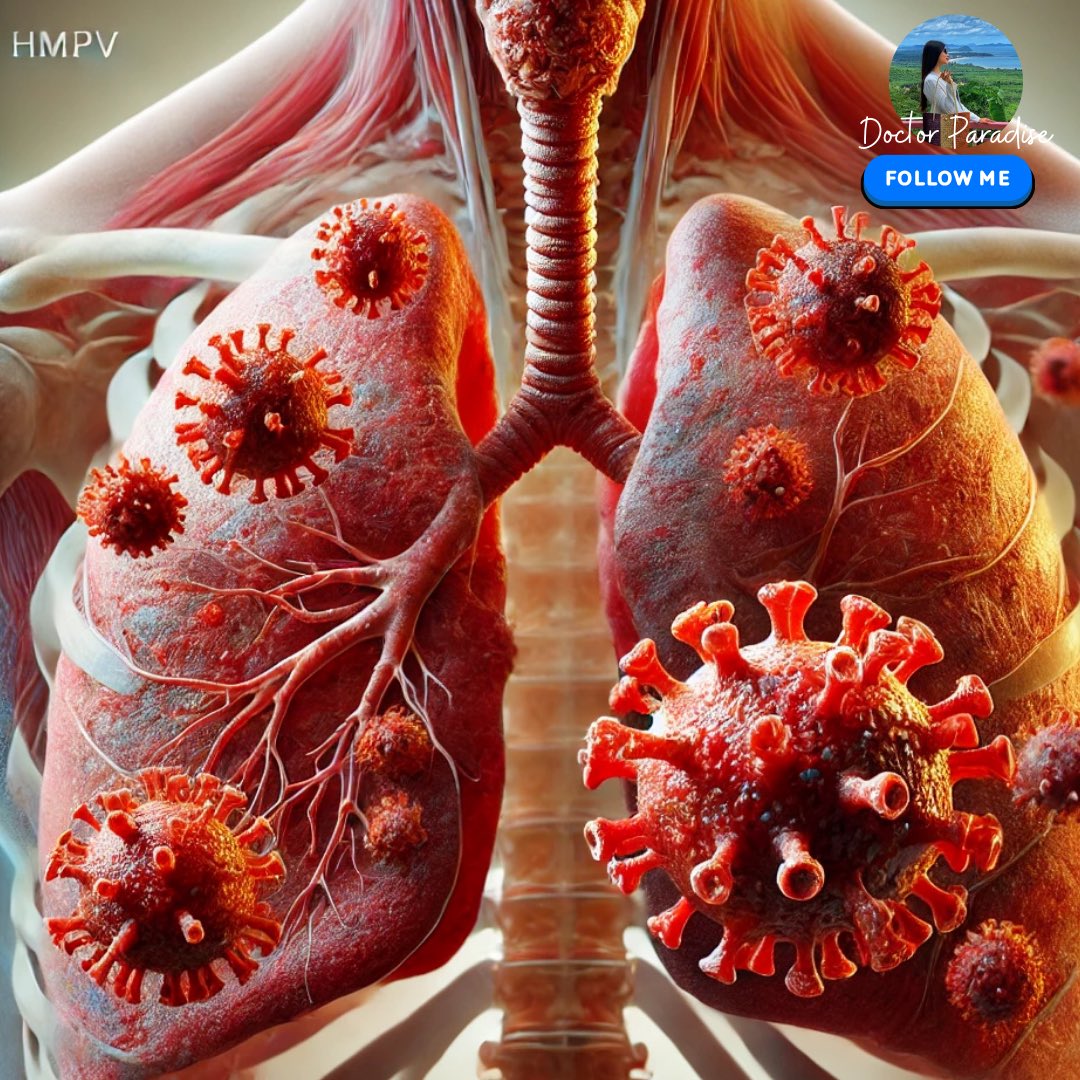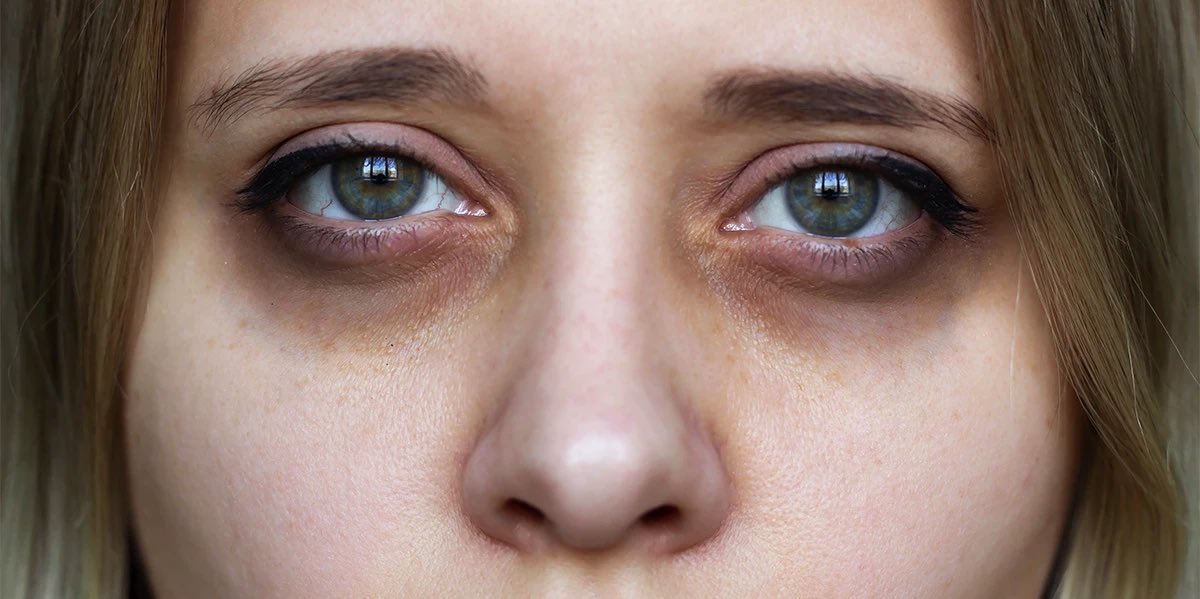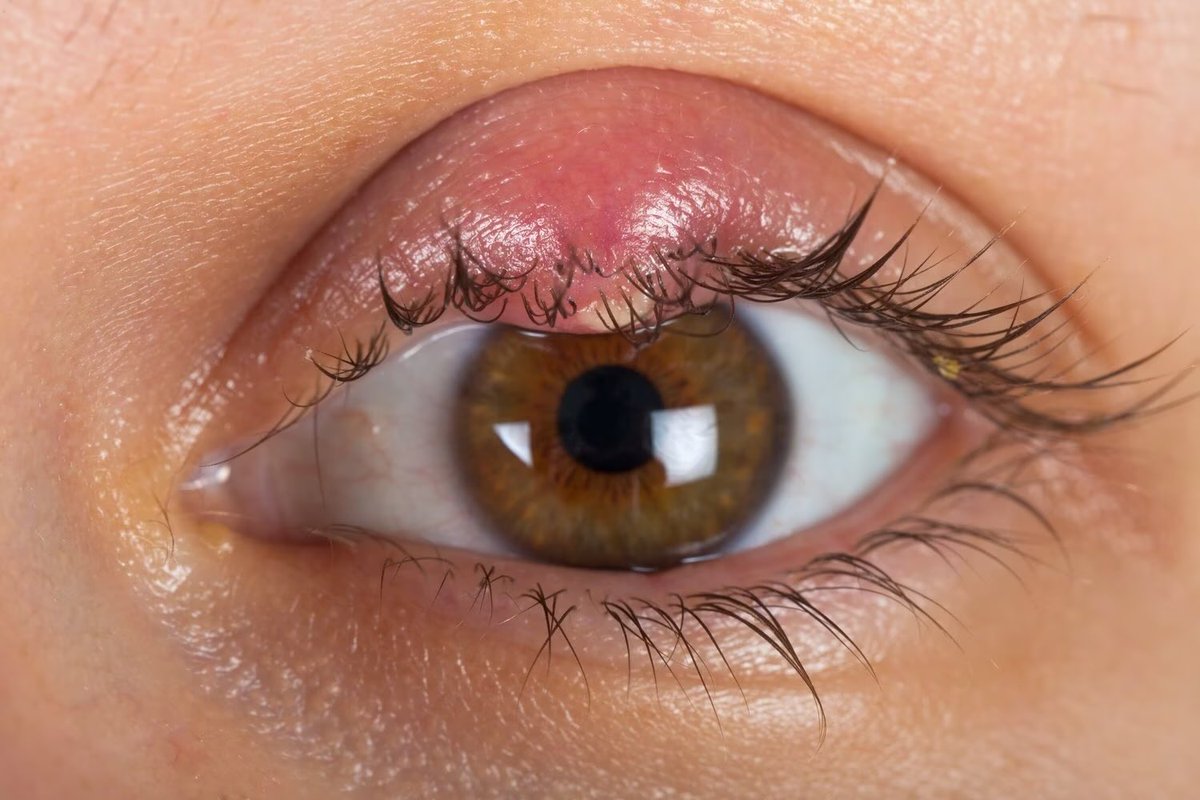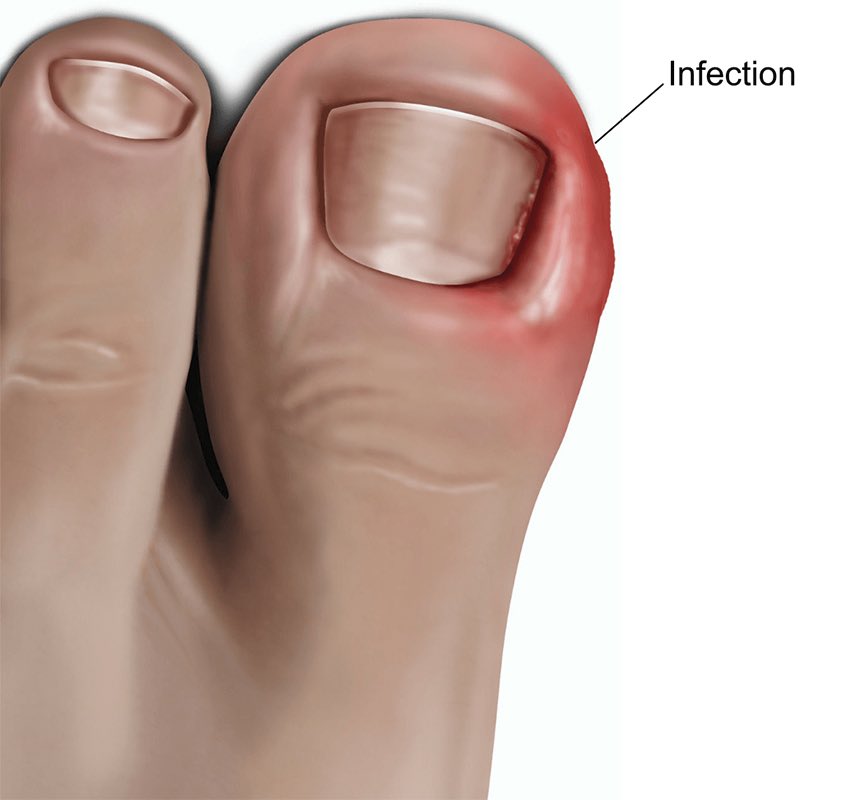Is Your Medication Secretly Causing Hair Loss?
Hair thinning or shedding? It might not be stress or aging—it could be your medication. Curious to know if yours is one of them.
Read The Thread 👇
Hair thinning or shedding? It might not be stress or aging—it could be your medication. Curious to know if yours is one of them.
Read The Thread 👇
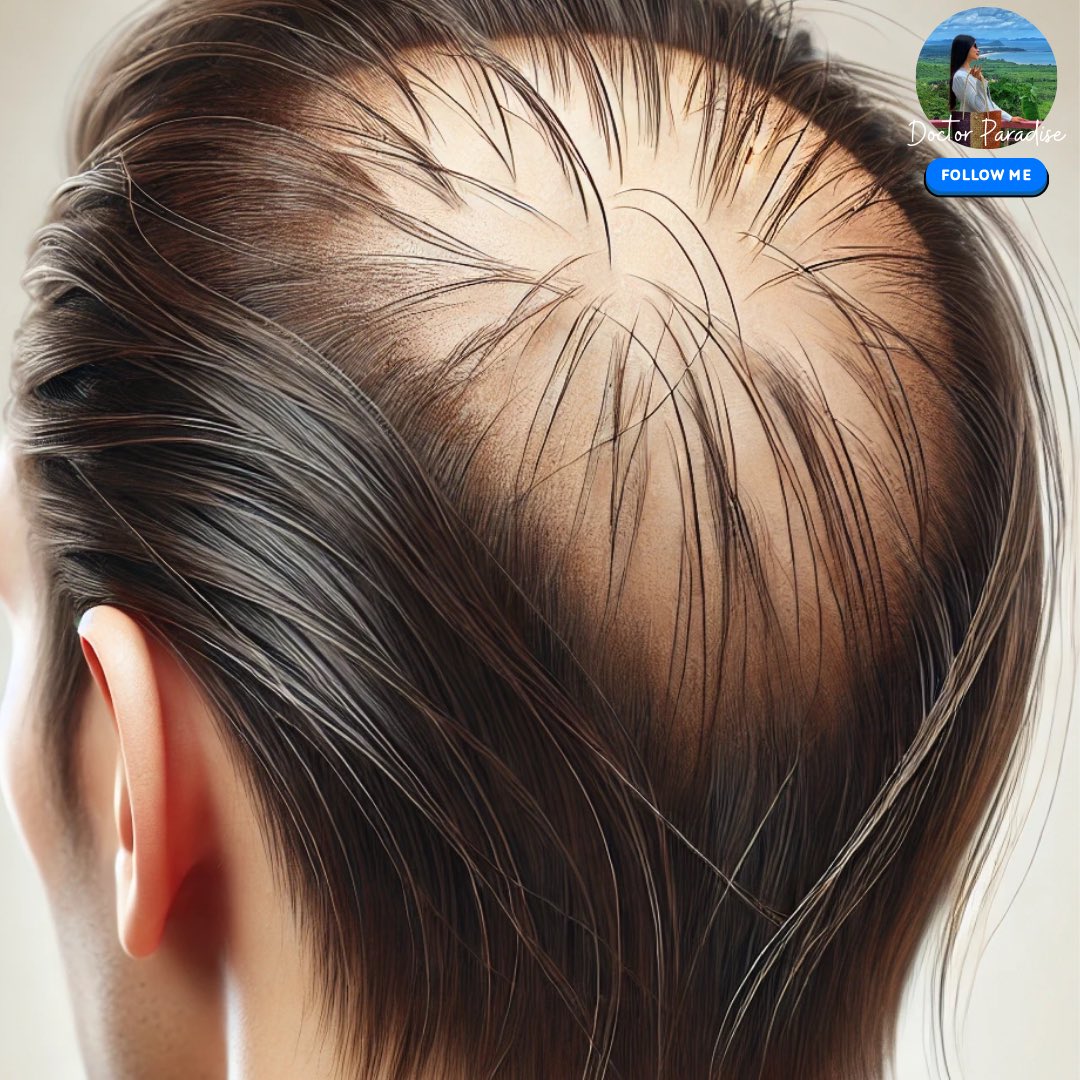
1. Chemotherapy Drugs
• These drugs attack rapidly dividing cells, including hair follicles, which is why hair loss is common during cancer treatment.
• Hair usually grows back after stopping treatment, but the texture or color might change.
• These drugs attack rapidly dividing cells, including hair follicles, which is why hair loss is common during cancer treatment.
• Hair usually grows back after stopping treatment, but the texture or color might change.
2. Blood Thinners
• These interfere with blood flow and nutrient delivery to hair follicles, leading to hair thinning.
• Hair regrowth typically resumes after discontinuation.
• These interfere with blood flow and nutrient delivery to hair follicles, leading to hair thinning.
• Hair regrowth typically resumes after discontinuation.
3. Beta-Blockers
• These lower blood pressure but can disrupt the hair cycle by reducing scalp blood flow.
• Effects can improve if the medication is adjusted or stopped.
• These lower blood pressure but can disrupt the hair cycle by reducing scalp blood flow.
• Effects can improve if the medication is adjusted or stopped.
4. Hormonal Medications
• Hormonal shifts from birth control pills, HRT, or testosterone therapy can disrupt the balance needed for healthy hair growth.
• Hair loss often resolves once hormone levels stabilize.
• Hormonal shifts from birth control pills, HRT, or testosterone therapy can disrupt the balance needed for healthy hair growth.
• Hair loss often resolves once hormone levels stabilize.
5. Antidepressants
• These can disrupt the hair follicle cycle, possibly due to chemical changes in the body.
• Hair loss usually stops when the medication is switched or adjusted.
• These can disrupt the hair follicle cycle, possibly due to chemical changes in the body.
• Hair loss usually stops when the medication is switched or adjusted.
6. Acne Medications (Retinoids)
• High levels of Vitamin A can overstimulate the scalp, causing hair shedding.
• Reducing Vitamin A intake can stop further hair loss.
• High levels of Vitamin A can overstimulate the scalp, causing hair shedding.
• Reducing Vitamin A intake can stop further hair loss.
7. Antifungal Medications
• Some antifungals can weaken hair follicles or slow growth.
• Hair growth typically returns to normal after stopping the medication.
• Some antifungals can weaken hair follicles or slow growth.
• Hair growth typically returns to normal after stopping the medication.
8. Immunosuppressants
• These suppress immune responses, which can inadvertently impact hair follicles.
• Hair regrowth depends on the duration and necessity of the treatment.
• These suppress immune responses, which can inadvertently impact hair follicles.
• Hair regrowth depends on the duration and necessity of the treatment.
9. Thyroid Medications
• Incorrect dosages can disrupt thyroid hormones, which play a crucial role in hair health.
• Adjusting the dosage can restore hair growth.
• Incorrect dosages can disrupt thyroid hormones, which play a crucial role in hair health.
• Adjusting the dosage can restore hair growth.
10. Anti-Seizure Medications
• These can interfere with nutrient absorption, leading to weaker hair.
• Switching medications or supplementing missing nutrients may help.
• These can interfere with nutrient absorption, leading to weaker hair.
• Switching medications or supplementing missing nutrients may help.
11. What You Can Do
1. Talk to Your Doctor
• Always consult your doctor before stopping or switching medications.
2. Consider Alternatives
• Some medications have similar alternatives with fewer side effects. Your doctor might adjust the dosage or recommend a different treatment.
3. Support Hair Health
• Eat a diet rich in vitamins and minerals like iron, zinc, biotin, and Vitamin D.
• Avoid harsh hair treatments like excessive heat or chemicals.
• Use gentle shampoos and conditioners designed for thinning hair.
1. Talk to Your Doctor
• Always consult your doctor before stopping or switching medications.
2. Consider Alternatives
• Some medications have similar alternatives with fewer side effects. Your doctor might adjust the dosage or recommend a different treatment.
3. Support Hair Health
• Eat a diet rich in vitamins and minerals like iron, zinc, biotin, and Vitamin D.
• Avoid harsh hair treatments like excessive heat or chemicals.
• Use gentle shampoos and conditioners designed for thinning hair.
Are you using any of the medications I mentioned? Share your experience below! 👇
• • •
Missing some Tweet in this thread? You can try to
force a refresh


